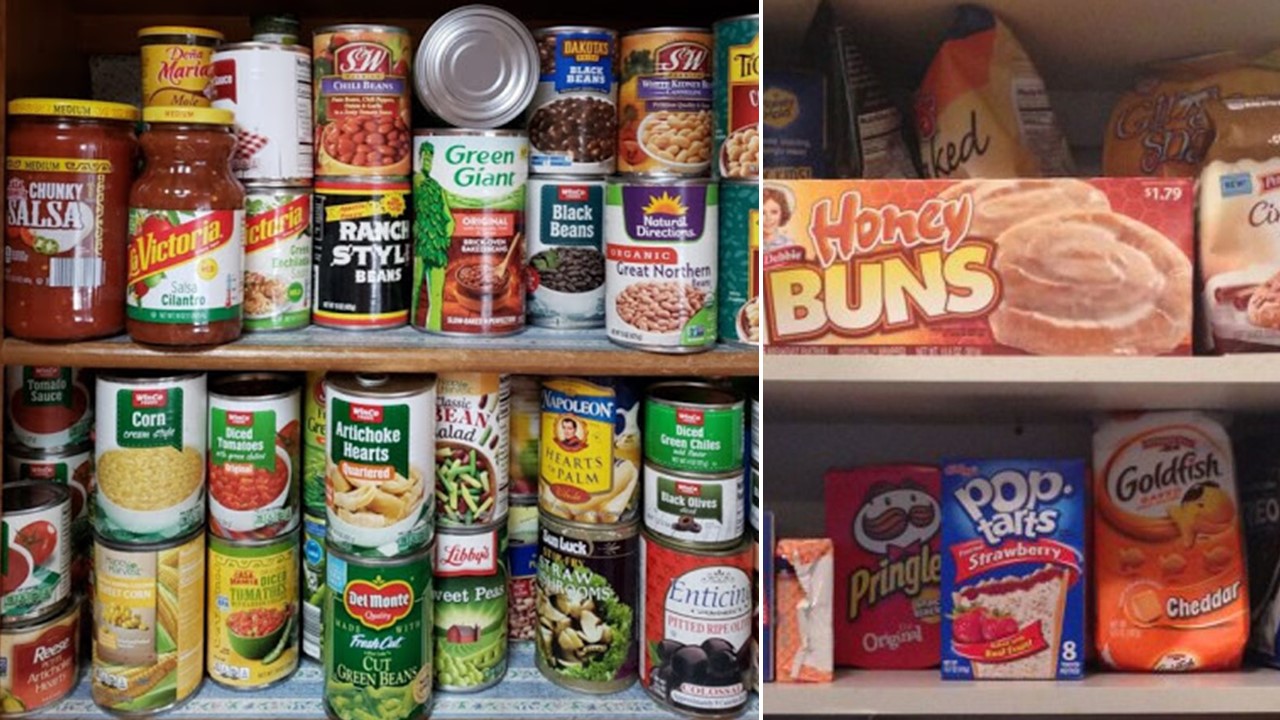
Brought to you in partnership with the Multiple Myeloma Research Foundation
Because caring for someone can be challenging and unpredictable — affecting more than just the patient — support is key to an effective treatment plan.
When you discover that a friend or loved one has developed multiple myeloma, a blood cancer, you may feel shocked, angry, and uncertain of what the future may hold. You may even feel like you should “put on a face” or mask your feelings. But keeping an open line of communication benefits both you, the carer, and the patient.
RELATED: 7 Reasons Why Myeloma Patients Should Have a Support Circle
Here are some common thoughts that may be getting in the way of communicating correctly and how to deal with them:
“I don’t know what to say.”
Know that there’s no right or wrong thing to say. Nor does anyone have all the answers. Often, listening to someone talk about their concerns can bring relief. Simply letting the patient know you care enough to listen is crucial.
“I don’t want to open the floodgates.”
Avoidance is not the answer. A patient may just need the opportunity to let go of anger. Being there with a caring approach will help.
“I hate it when he/she goes all quiet.”
It may be tempting to fill the silence with empty chatter, but don’t. Give each other space and time to think. Not all communication is verbal; sometimes it is physical. A hug or simply placing your hand on someone can say a million words. Meanwhile, if you believe someone is quiet because they’re upset you can gently ask them questions. For example, “What are you thinking about?”
As a caregiver for a patient with multiple myeloma, you may face “a new normal,” with challenges for both your loved one and yourself. As the disease manifests over time, it may be difficult to balance your needs with those of the patient for whom you provide care. You may encounter physical, social, emotional, or financial difficulties. Here we address some of these concerns and ways to manage them.
Multiple Myeloma: Finding Financial Assistance and Resources
Other ways to effectively provide care to someone with MM include:
Education
Learning about the illness, its symptoms, treatments and side effects can give you an edge up on caring for your patient.
Creating a support system
During treatment and recovery, patients won’t be able to perform as they did before. You may need to take on additional responsibilities. In saying that, don’t allow yourself to get overwhelmed by your new workload. Let other people help.
- Healthcare professionals, relatives, friends and services available through District Nurses, Macmillan or Marie Curie nurses, home helps, hospice respite care and counselors can provide support.
- Don’t let pride get in the way. Asking for help does not mean you are incapable of doing a good job. Doing so can make others feel useful as well as reduce the demands placed on you.
While there are a number of online resources for finding support and information, filtering them for reliable content is a difficult task. Each stage of myeloma can provide a unique set of questions—with new and rapidly changing information to process.
The MMRF excels at providing extensive resources and in-depth information for those at any stage of the myeloma journey.
RELATED: What Is Your Best Multiple Myeloma Treatment Option?
Here are some of the tools they provide to assist caregivers in caring for someone with myeloma:
- The MMRF Clinical Trial Finder is a resource designed to provide patients with guidance and support to find the right clinical trial for them.
- MMRF nurse specialists are available by phone (1-888-841-MMRF(6673)) to guide you through the myeloma experience.
- The MMRF multiple myeloma Disease Overview brochure and Treatment Overview brochure provide information about the basics of myeloma and treatment options.
- Support groups with information about myeloma are held in multiple cities across the US to offer support and encouragement for those affected by myeloma. Search the MMRF Support Group Directory to find a local option in your community
As a caregiver, you may often ignore your well-being when you focus on the needs of your loved one. However, caring for yourself is important, as it energizes you to provide quality care.
If you find yourself doing this, MMRF has a list of strategies to help you cope with any physical and emotional stresses you may experience:
Self-care
Look after yourself – eat a balanced diet, get enough sleep, take periodic breaks to relieve stress and fatigue and visit your GP (general practitioner or family doctor) when needed. After all, if you’re not caring for yourself properly, you can’t provide to the best of your ability for others.
Emotional health
Acknowledge your feelings, and talk about them. You can talk with a trusted family member or friend, a local support group, or an online discussion group, like the MMRF’s CoMMunity Gateway. Connecting with others who have been in similar situations helps you realize that you are not in this alone.
Accept help
Know your limitations (physical and emotional) and seek help from family and friends. Delegate responsibilities, and prepare a list of tasks that others could do for you. CareZone, CaringBridge, and Lotsa Helping Hands can help you rally a community of supporters, as well as coordinate tasks. Cleaning for a Reason offers free house cleaning to women in the United States and Canada who are undergoing treatment for any type of cancer.
Maintaining a “new normal”
Staying close with your loved one doesn’t mean that you can’t set aside time for yourself and take a break. Remind yourself that you are doing your best, and you do not need to feel guilty about pursuing your hobbies or going out with a friend. You could also plan activities together, as there are various organizations that help families living with cancer enjoy vacations and outdoor adventures. Some organizations include Deliver the Dream, Dream Foundation, Epic Experience, Reeling and Healing Midwest, and United Special Sportsman Alliance.
Look for signs of burnout
Emotional and physical signs of caregiver stress include weight loss or gain, trouble sleeping, and feeling depressed, guilty, or inadequate. If you experience these for more than 2 weeks, talk to your doctor or a social worker.
Being a caregiver is not an easy job. It is important to remember that in order to effectively take care of a loved one, you must first take care of yourself.








